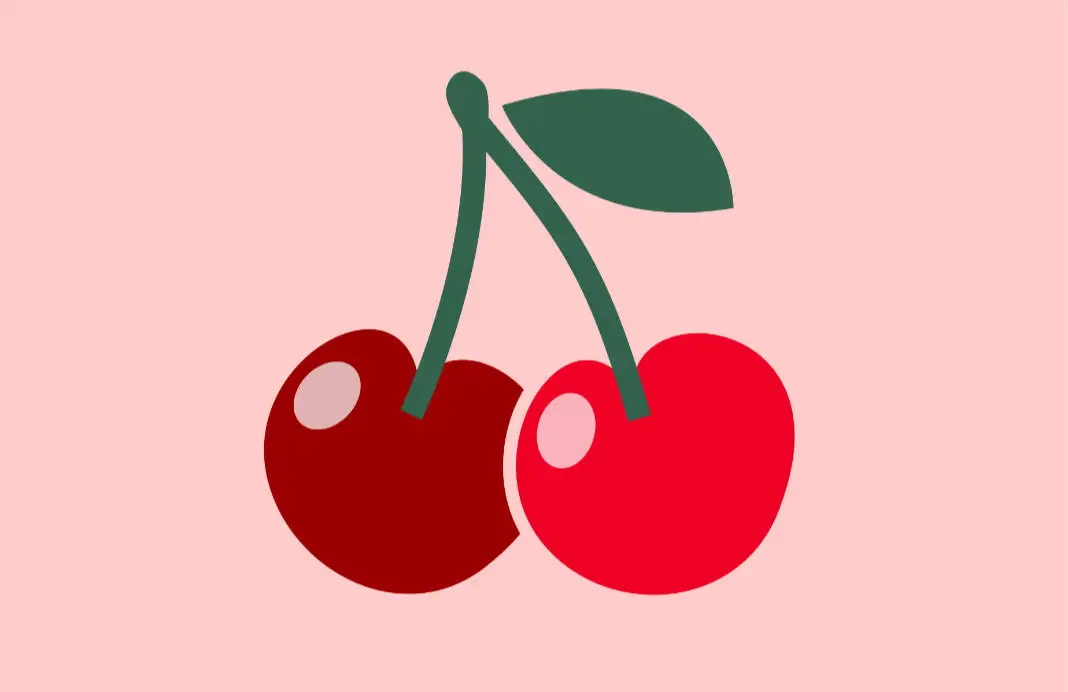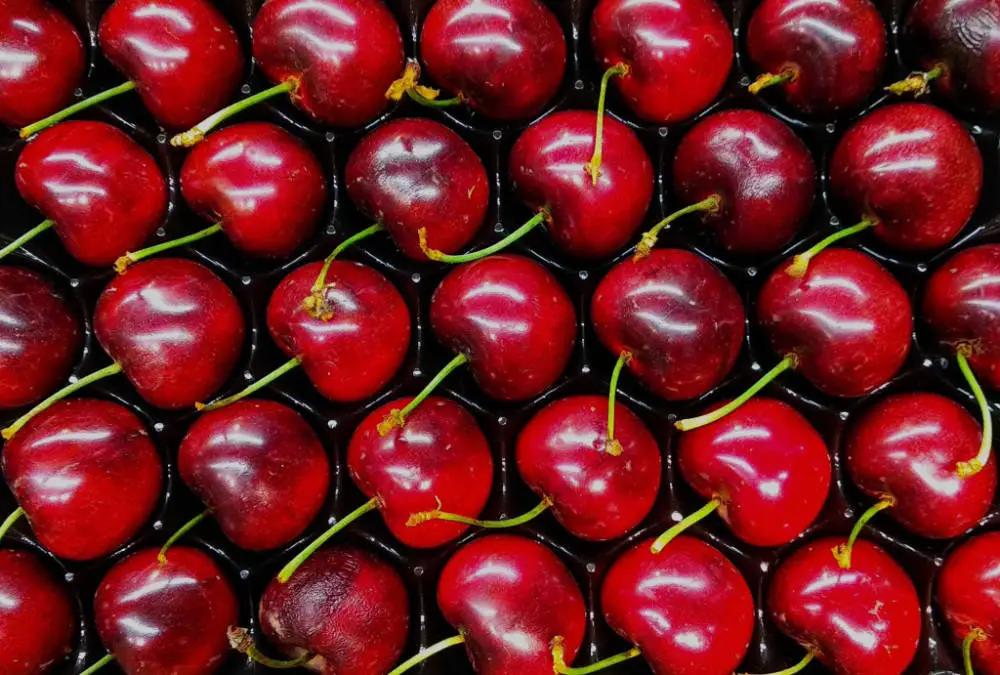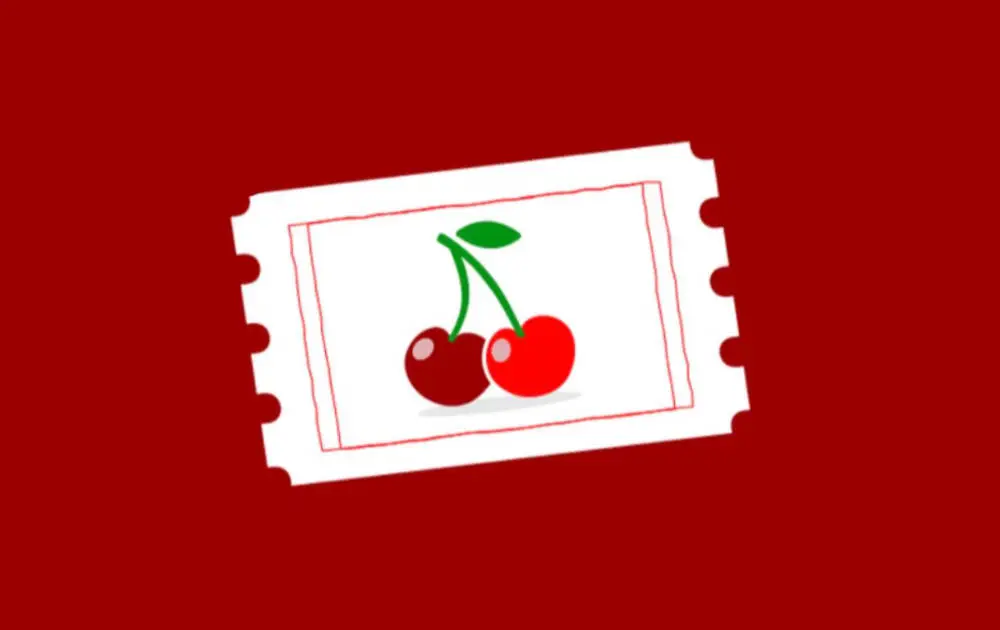Miranda Bailey is a producer, director, actor, and distributor known for films like The Squid and the Whale, The Diary of a Teenage Girl, Super, and Don’t Think Twice. Two years ago, she started TheCherryPicks.com. CherryPicks is a site where films are seen through the lens of women, non-binary reviewers, and writers from all around the Internet.
We got a chance to chat with Bailey about her work on the site, the importance of diverse voices in film reviews (and the reasons why), and the celebrity Instagram watchlists that are happening for the site to help you get through quarantine.

Vital Thrills: Tell us about CherryPicks and how it started.
Miranda Bailey: I’m a filmmaker primarily, producing and directing and acting and distributing movies, essentially, and I had made this movie with Lake Bell, her second movie, called “I Do Until I Don’t.” This was like a year before the Harvey Weinstein scandal – a year before #MeToo and #TimesUp. I remember reading reviews of it by men, and I was like, they just don’t get it.
The reviews by women made a little more sense. It wasn’t that they liked it more. Some of the male reviews were just like a dad talking to a little girl about how disappointed they were and what we should have done, instead of, let’s talk about what you did do, you know? [laughs]
So then I was like, well, the score is like this on Rotten Tomatoes, but where can I find the female critics’ score? And the female audience score. I had a lot of girlfriends who were not in the industry who loved the movie and a lot of guy friends that are not in the industry who did not like the movie. That made a lot of sense because it’s a chick flick.
I couldn’t really find it. I mean, I was able to find individual female critics. I was able to find a couple of organizations, groups, or associations that had some female critics, but they hadn’t necessarily reviewed this movie.
That was how it started. It started by me making something that I wish I’d had, but during the process of trying to make what I had – I realized at that time that there were 73, or 76 percent, I think it was, of the critics where you could get a score were men, and that of the top critics, 80-something percent were men. I was like, well, as a filmmaker, how are we supposed to do what we’re all shouting about, which is have more movies for women make more movies for women when the majority of the people telling consumers what they should buy are men?

I was like, well, I’ll start it then. I did not necessarily realize that it would consume my life. Or that it would be like remodeling your kitchen; it would cost ten times more and take ten times longer than you think.
It was kind of like a twofold reason to do it. Not just to highlight female voices and allow them to be heard in terms of what they like and what they want but also to be able to prove that there was an audience and to actually be able to move the needle a little in terms of getting women behind the camera, or more stories about women out there.
VT: I totally get that. When I started covering the geek world, I was one of the only women doing it.
Bailey: It’s wrong. They’ve definitely opened up criteria. That was one of the things – when I first launched, and I was doing a bit of press about it, people were like, “Why do you think it’s a problem?” Well, it’s a problem because their criteria are very narrow for what qualifies you.
It’s the same as being a filmmaker, being a female filmmaker, a woman of color filmmaker. You know, people don’t give you a chance right away. You know? Not everyone has ten years of experience at the New York Times. And women, particularly women of color, did not get those jobs. They’re not going to fit the criteria unless you loosen it a little.
During that time, we met many bloggers and film reviewers from different cultures and backgrounds. It’s just silly not to include them…as a distributor; it kind of sucks. I don’t know if everyone knows this, but the distributor who is putting out the movie, that publicist who is on the movie, is like, okay, which critic is going to like this movie?
Most of the movies – I mean, I love Ford vs. Ferrari, don’t get me wrong. I love it. If that’s toxic masculinity, sign me up. But they’re not going to aim at getting the female view on Ford vs. Ferrari movies, which is most movies. They’re going to target them for who to pick to review their film because that’s who they think is going to like it. So when we made I Do Until I Don’t, we definitely tried to get female critics to review it, but there weren’t that many hired at the places where we wanted it to be reviewed.

VT: Now that #MeToo happened, and there is more of a focus on this – I know that change is very slow; there have been things like Wonder Woman or Womanthology, a comic book anthology I was part of that changed things for women in the comic book industry because a lot of the industry didn’t know what women liked them.
Bailey: I know! It’s like saying that men don’t like to cook! Give me a break. Or that women like cleaning. No one likes cleaning! [laughs]
VT: Now that people are starting to look at this differently, what are you seeing in terms of change? I know that during awards season – it was interesting what got left out and what didn’t.
Bailey: Yeah. It’s funny – I think there’s been quite a lot of progress, actually. I think we still have a very long way to go. How do we get there? That is the question. So movements like #TimesUp or #MeToo or #BlackLivesMatter are very important movements that have started a conversation that won’t end, that people kind of start to make changes to slip into the new way of thinking, which is why they’re so important.
But money, at the end of the day, has always been what has kept us out. When I first started in this business, it was like, well, people of color movies, or particularly women of color movies, they don’t sell overseas, so no, we’re not going to finance that movie. Or no one really cares about these women? Unless you have Julia Roberts, no one cares about this story. That’s not true now. I knew it wasn’t true! But that was true because that’s what they thought was true.
And now I think that the idea – because of these movements, there are so many people out there of all different types of culture and races and sexes and religions and everything that want content made specifically for them that there is enough that can be made. There is a market for everything if it’s good. [laughs] So I think it’s definitely changed.
People are trying to make more of an effort. People realize that there are women – “Wonder Woman,” I think, definitely proved something that we’ve never been able to prove before. I mean, it didn’t work with Halle Berry’s “Catwoman.” It didn’t work. [laughs] “Wonder Woman” knocked it out of the park, but why wasn’t it nominated for Best Picture? I mean, we’ve had plenty of superhero movies that have been nominated for Best Picture before. That one was so good. Why would Patty Jenkins not have been nominated for Best Director if you’re doing a movie like that? That was crazy.
Then obviously this year I was very disappointed. I think in terms of movies that were directed by women, this year was, by far, the best year in terms of the number of movies that were made by women that were in the zeitgeist that people were talking about. Whether it was “A Beautiful Day in the Neighborhood,” “Harriet,” “The Farewell,” or “Honey Boy,” these were all movies that people were talking about and that were all directed by women.
And not one single one of them was nominated for Best Director. I swear to God, when that happened with the Golden Globes, I was so pissed. And then the Oscars, again, I was like, this – I’m a director. I’m a producer. I’m an actress. I don’t want to be called a female director or a female producer, but you know what? I’ also a distributor or in the business of distribution. I know how it works.

There is not an incentive to spend money in the category, you think that if you win or if you’re nominated, it will move the needle, you’re not going to do it. So, without a female director category, no one is going to go out of their way to put money behind Mari Heller or Alma Har’el. or “The Farewell.” These are smaller movies, and we get smaller movies. Patty Jenkins got “Wonder Woman,” but how long did it take her to get “Wonder Woman”?
Thank God she only did a one-picture deal so she could actually get what she deserved, payment-wise for number two. They didn’t think it was going to work. I don’t want, necessarily to be a “female director,” but I want the same opportunities as a director that a male director gets when someone is doing a campaign for the Oscars. And at the end of the day, the distributors push the bigger movies, which are most often made by men.
VT: I do a lot of panels at cons, and there’s been a shift where people now don’t want to be on panels like “the women of comics,” but for a while, there was a window where we had to do that, or all the panels would be all men.
Bailey: Yeah. It’s weird because I also don’t want to mandate, oh, you have to have 50 percent of this, or you have to have 50 percent of that, even though I do have an internal mandate, which is 51 percent women of color writers. I’m making an effort for that. Not critics, because we don’t pay the critics, but writers. It actually gets them paid for the editorials that we do. And that’s been easy. There are so many brilliant writers.
I mean, before the mandate came into existence, they were 64 percent of our writers. So it’s easy. But I was like, let’s make sure and keep an eye on this so it doesn’t become a site for a narrow audience. I think it’s hard to do a female director category because there are also so many people now who are not identifying as any sex, so it’s like, I don’t want to be considered a female director because I don’t identify as female or male, so I think that’s a growing educational discussion that’s happening.
So I think that would become a problem if you did make those categories. I don’t know, it’s tough. There is no good solution, unless you completely eliminate the Best Actor and Actress category and just go, Best Performance. And then we’d probably get locked out of that. Most movies are made about men, so we’d probably get locked out! [laughs]
VT: With the pandemic going on and the industry being largely shut down, do you think this could be a reset for things?
Bailey: It’s kind of a reset for everything, which is kind of what I like about it. But I don’t know. I have no prediction when it comes to how this will affect sexism in the industry. I do have a prediction on how it will affect distribution [laughs], which is that I think the old-school thinking that we have to have a ninety-day window between theatrical and home video is definitely going to be gone, which I’m glad for.
I love movie theaters, and I love movies, but it’s very hard for a filmmaker to get your film bought and have any kind of theatrical if so many of the theaters are demanding, and so many of the ancillary distributors are demanding that there be a ninety-day window. It’s so much more expensive in that way. And a lot of films aren’t getting seen.

VT: Cherry Picks is doing a bunch of Instagram lives. Tell us about that.
Bailey: Yeah! So we just started with this. This kind of started with this stay-at-home order. We’ve always had Instagram, and we’ve always had plans to do things. It was just something we kind of tried. Like, let’s try and do this now that we have to stay home. We had actually, before the shutdown order, had this whole event that I can’t really talk about that was going to be really, really great before it got cut off. So, what do we do now that can be an event? We’re doing some watch parties. We’re still figuring out how that works, and it’s like, let’s go ahead and try this.
We had so many of these young stars like Hannah Marks (“Dirk Gently’s Holistic Detective Agency,” writer and star of “Banana Split”) and Lynn Chen (director, writer, and star of “I Will Make You Mine”) — she’s going to be on pretty soon — wanting to do Instagram, and it just worked out great! It’s going really well.
So, on Tuesdays and Thursdays and some Fridays, we are doing Instagram live, and we are completely booked now, through mid-May, with great talent. It’s great! I love watching it. I’m thoroughly entertained! It’s 30 minutes, and it’s our girl Meg talking to whoever is the guest, and they talk about movies, their favorite movies, and these guest are writing their favorite listicles, basically, their favorite movies that they’re watching right now in quarantine. It’s cool!
Make sure to check out the Instagram live stories on TheCherryPicks.com‘s Instagram page.

Jenna Busch has written and spoken about movies, TV, video games, and comics all over the Internet for over 15 years, co-hosted a series with Stan Lee, appeared on multiple episodes of “Tabletop,” written comic books, and is a contributing author for the 13 books in the “PsychGeeks” series including “Star Wars Psychology.” She founded the site Legion of Leia and hosted the “Legion” podcast.